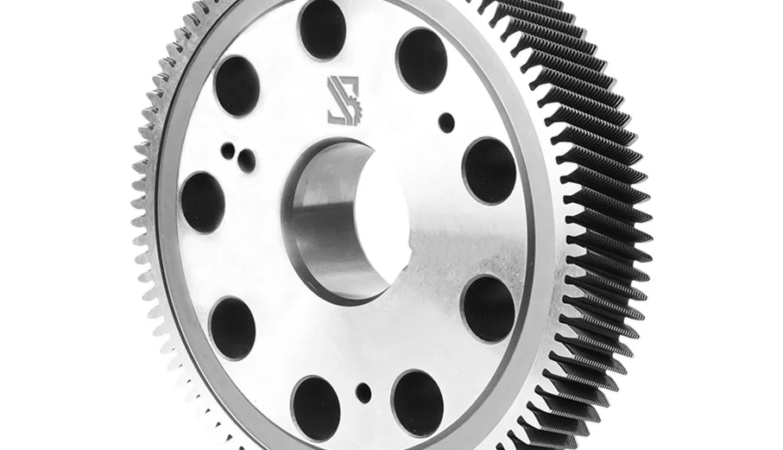Truck accidents can have devastating consequences, especially on Florida’s busy highways like I-95, I-4, and the Florida Turnpike. While driver error and external factors play a role, mechanical failures are a leading contributor to these incidents. For truck drivers, owners, and operators in Florida, understanding what causes truck accidents tied to equipment malfunctions is critical for safety and compliance. Below, we break down the most common mechanical failures in the Sunshine State and how to prevent them.
Brake System Failures
Brake-related issues are the top mechanical cause of truck accidents nationwide, and Florida’s high traffic volumes and frequent stop-and-go conditions exacerbate this risk. Worn brake pads, air leaks in pneumatic systems, or improperly adjusted brakes can lead to catastrophic failure, particularly when navigating congested areas like Miami or Orlando.
Florida’s humid climate also accelerates corrosion in brake components, while long hauls across the state’s extensive highway network increase overheating risks. Regular inspections—mandated by Florida’s adoption of Federal Motor Carrier Safety Administration (FMCSA) standards—are essential. Pre-trip checks should include brake lining thickness, air pressure levels, and drum/disc integrity.
Tire Blowouts and Tread Separation
Tire failures account for nearly 30% of truck-related crashes in Florida, according to 2023 data from the Florida Highway Patrol. The state’s high temperatures cause tires to expand, increasing blowout risks, especially on overloaded trailers or poorly maintained rigs. Tread separation—often due to aging tires or improper inflation—is another hazard, as it can cause sudden loss of control.
Florida law (Section 316.610, Florida Statutes) requires tires to have a minimum tread depth of 2/32 inches. Operators should prioritize checking for uneven wear, cracks, or “alligatoring” (weather-induced cracks common in Florida’s heat). Rotating tires and adhering to load limits are key preventive steps.
Steering and Suspension System Defects
Faulty steering mechanisms or worn suspension parts can make trucks difficult to maneuver, especially at high speeds on curved roads like those near Tampa Bay or the Everglades. Loose ball joints, broken tie rods, or failing shocks reduce a driver’s ability to respond to sudden hazards, such as erratic tourist drivers or wildlife crossings in rural areas.
Florida’s pothole-ridden roads after heavy summer rains further strain suspension systems. Operators should inspect steering linkage and suspension components monthly and replace parts showing signs of wear.
Faulty Lighting and Electrical Issues
Dim or broken lights are a frequent violation in Florida DOT inspections. Malfunctioning headlights, brake lights, or turn signals increase collision risks during nighttime drives or storms—common in Florida’s hurricane season. Electrical shorts, often worsened by coastal humidity, can also disable critical systems like ABS or traction control.
Drivers should test all lights daily and promptly replace burnt-out bulbs. Waterproofing electrical connections and using corrosion-resistant materials can mitigate humidity-related damage.
Engine and Transmission Failures
Sudden engine shutdowns or transmission slips can leave trucks stranded in high-speed lanes, creating rear-end collision risks. Florida’s stop-and-go traffic in cities like Jacksonville or Fort Lauderdale places extra stress on engines and transmissions. Oil leaks, coolant issues, or neglected transmission fluid changes are common culprits.
Routine maintenance, including oil changes every 15,000 miles (per most manufacturers’ guidelines) and coolant flushes, is vital. Florida’s heat demands high-quality fluids to prevent overheating.
Florida-Specific Risks and Compliance
Understanding what causes truck accidents in Florida also means recognizing state-specific challenges:
Hurricane Season
Heavy rains and flooding increase hydroplaning risks and accelerate corrosion.
Tourist Traffic
Sudden stops by out-of-state drivers demand optimal brake and tire performance.
Agricultural Loads
Hauling citrus or produce through Central Florida’s rural roads requires balanced loads to prevent suspension strain.
Florida follows FMCSA’s inspection criteria, but operators should exceed minimum standards. For example, the state’s Commercial Vehicle Enforcement division conducts random checks, focusing on brake and tire compliance.
Prevention Strategies for Florida Truck Operators
Pre-Trip Inspections
Follow FMCSA’s checklist, paying extra attention to brakes, tires, and lights.
Climate-Adapted Maintenance
Use humidity-resistant lubricants and inspect for corrosion weekly.
Partner with Certified Mechanics
Choose Florida-based technicians familiar with state-specific wear patterns.
Monitor Recalls
Register equipment with NHTSA to receive alerts about defective parts.
Final Thoughts
For Florida truck drivers and operators, mechanical failures are preventable with proactive care. Regular inspections, climate-aware maintenance, and adherence to state and federal laws reduce the risks of accidents caused by equipment malfunctions. By prioritizing these steps, you protect not only your livelihood but also everyone sharing Florida’s roads.
Understanding what causes truck accidents is the first step in avoiding them—stay vigilant, stay safe, and keep Florida’s highways moving smoothly.










